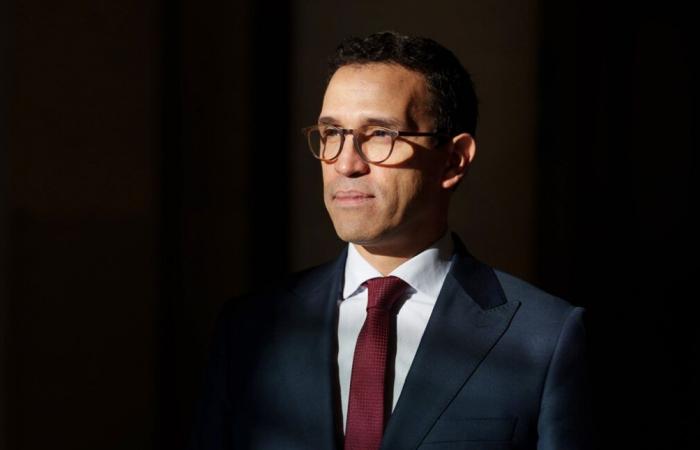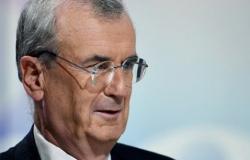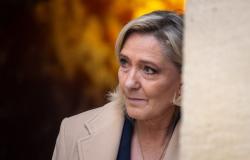A few weeks ago, we met Adel Ziane, socialist senator of Seine-Saint-Denis since 2023 and municipal councilor in Saint-Ouen (93), to discuss his career and his vision of politics. From his beginnings in Clichy-la-Garenne (92) to his involvement in the Senate, he looks back on the stages that shaped his career.
LCDL: You have recently been elected senator, but in the Senate, you are already recognized as someone close to the staff. Why is it so important to you to greet everyone?
Adel Ziane : It's a habit that goes back to my first experiences. I believe it is essential to keep your feet on the ground, no matter where you are. Whether it's a security guard or a server, we all have a role to play and there is no reason not to be respectful of those around us. It's part of my way of being. Some tell me they like it to see a senator who looks like them, but for me, it's natural.
What was your journey like to get to where you are today?
I grew up in a modest environment, and it is no coincidence that I became what I am today. My mother played a decisive role. She raised her three children alone after my father died when I was only seven years old. She always told us that you had to work twice as hard to succeed, especially when you come from working-class neighborhoods. It gave me a certain rigor, a discipline.
You often talk about republican meritocracy. Is this a principle you firmly believe in?
Yes, but I believe that meritocracy should not be an abstract concept. It must be accessible to everyone. Work is what opens the doors, but the State must also support those who need it. Without the right support, meritocracy can sometimes seem a little inaccessible, especially for those who don't have the same starting opportunities.
You had a fairly impressive career: Sciences Po, then the Louvre. How was this experience at the museum educational for you?
It was an experience that taught me a lot, especially about managing a large-scale institution. When I joined the Louvre in 2011, I was deputy director of communications, then I took charge of External Relations in 2019. My role was to strengthen the image of the museum, to coordinate its relations with the institutional, commercial and media partners, while developing its educational projects. It gave me a very concrete vision of how public institutions can evolve and modernize.
How has your political career in Saint-Ouen influenced your current vision of politics?
Saint-Ouen is a very dynamic city, but also facing significant challenges. My commitment there pushed me to work on issues such as development, town planning, and social issues. The goal was always to modernize the city while meeting the needs of residents. Today, the policy has changed: before, it was unemployment and public health problems. Now, it is ecology, social inequalities, and geopolitical conflicts that are at the heart of concerns. Politics must evolve with the times.
You have often mentioned your friendship with Karim Bouamrane, the mayor of Saint-Ouen, who was at one time considered to be Prime Minister. How has this relationship influenced your way of seeing politics?
Karim is a close friend, but our relationship goes beyond friendship. It’s a real political partnership. We met in 2011 and, very quickly, we had a common vision of politics: that of team spirit. In a team, everyone has their role to play. I never felt in the shadows. I always saw my place in the team, as a player who helps to make things happen, but without trying to shine all the time.
Now that you are a senator, what issues are particularly close to your heart?
My work in the Senate is above all centered on the issues of housing and social integration. These are very concrete subjects that affect many people.
How do you see the future of politics in France?
Politics, for me, is not a story of power. It's about working together to improve people's lives. The future is first and foremost about in-depth work, with practical solutions for tomorrow's challenges. Far from power struggles, we must focus on the common good. Politics must be a lever for a more united, more equitable society. I believe that we can build a more just future, but it requires sincere commitment and teamwork, whether in the Senate or on the ground.






